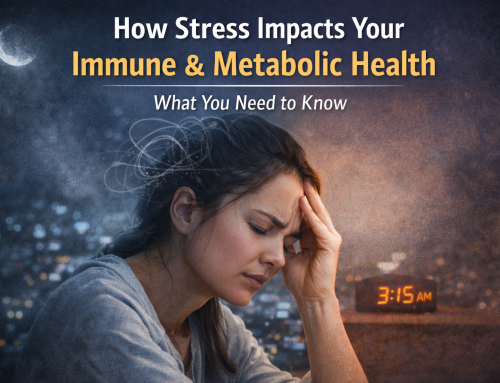The timing of coffee drinking matters. Any presumed health benefits of coffee may be limited to morning cups of joe, according to an observational study based on the National Health and Nutrition Examination Survey (NHANES).
Key Takeaways
• Lower risks of all-cause mortality and cardiovascular mortality were observed in people who mostly drank coffee in the morning.
• Study is consistent with other literature showing an inverse association between moderate coffee consumption and mortality risk.
• Definitive long-term trials to validate the present study findings deemed unlikely.
Results of Study on Timing of Coffee Drinking
• Compared with non-coffee drinkers, those who mostly drank coffee in the morning had a lower risk of all-cause when followed over a median 9.8 years.
• It appeared that survival was particularly improved with morning consumers drinking moderate (>1 to 2 cups and >2 to 3 cups/day) and heavy (>3 cups/day) amounts of coffee rather than lesser amounts.
• In contrast, people who kept drinking coffee later in the day, the all-day type, had no reduction in all-cause mortality, regardless of how much they consumed.
• Neither coffee drinking pattern was tied to more or less cancer-specific mortality.
“We found that coffee drinking timing was associated with all-cause mortality risk and [cardiovascular disease]-specific mortality risk independent of the amounts of coffee intake,” Qi’s group concluded. “Our findings highlight the importance of considering drinking timing in the association between the amounts of coffee intake and health outcomes.”
Why Does Timing Matter?
The authors suggested two potential mechanisms that could explain their findings.
One is that all-day caffeine consumption can disrupt circadian rhythms.
Secondly, there may be anti-inflammatory substances within coffee that can counteract the body’s pro-inflammatory cytokines when they are typically at their highest levels in the morning.
“Why would time of the day matter? In the morning hours there is commonly a marked increase in sympathetic activity as we wake up and get out of bed, an effect that fades away during the day and reaches its lowest level during sleep. Thus, it is possible, as the authors point out, that coffee drinking in the afternoon or evening disrupts the circadian rhythm of sympathetic activity,” agreed Thomas Lüscher, MD, cardiologist of Royal Brompton and Harefield Hospitals in London and the University of Zurich.
Previously, multiple observational studies had shown that moderate coffee consumption has an inverse association with mortality risk and risk of type 2 diabetes and other chronic conditions. At the same time, the data are mixed regarding heavy coffee consumption.
Limitations of Study According to Scientists
• None of the work so far can establish causal relationships between coffee drinking and survival.
• Further studies are needed to validate our findings in other populations, and we need clinical trials to test the potential impact of changing the time of day when people drink coffee.• These cohorts are not randomized trials, probably as nobody wanted to be in the placebo group.
• It is unlikely that we will see a large, randomized trial over prolonged periods of time.• Indeed, it is possible that coffee drinkers differ from non-drinkers in many aspects,” Lüscher cautioned.
• Of note, dietary and lifestyle habits, in particular smoking, may affect any of the observed associations. Some may work against the hypothesis provided in the current study as coffee drinkers are more likely to smoke than non-drinkers.
• This may particularly be the case of all-day drinkers who may be somewhat more addicted to this habit that may annihilate the protective effects of coffee drinking.
Other limitations to the study include the possibility of recall bias and measurement errors.
Click here to read more on timing of coffee drinking.






